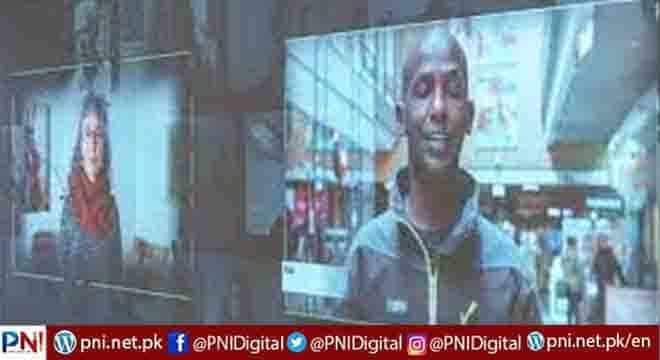Oksbøl, Denmark, June 29 (AFP/APP): Built on the site of a camp for German World War II refugees, a new Danish museum opening Wednesday shines fresh light on personal stories of forced migration, past and present.
The new FLUGT (“flee” in Danish) Refugee Museum of Denmark, in the small town of Oksbol on Jutland’s west coast near the German border, focuses primarily on German refugees, as well as others who have come to Denmark over the years.
Exhibits include personal items — from a tent to a teddy bear — that tell the intimate stories of people who have fled war and oppression in Afghanistan, Bosnia, Chile, Germany, Hungary, Iran, Lebanon, Russia, Syria and Vietnam, among others.
“We want to tell the story that is behind these numbers, there are actual people,” museum director Claus Kjeld Jensen told AFP ahead of Wednesday’s opening.
But for some, the museum’s open philosophy contrasts with Denmark’s approach to refugees, with successive right and left-wing governments pursuing one of Europe’s toughest immigration policies.
As World War II drew to a bloody close, roughly 250,000 Germans fled to Denmark as the Russian Red Army approached.
Around 35,000 of them found their way to the refugee camp in Oksbol, instantly making the site Denmark’s fifth largest city by population size.
The camp, in operation from 1945 to 1949, had schools, a theatre and a workshop, all behind barbed wire.
Nowadays, little of the camp remains, aside from two former hospital buildings and a cemetery, hidden amid a thick, green forest.
“We have got this part of world history actually taking place right here where we’re standing. But then there is an actual situation today,” Kjeld Jensen said.
“We have far more refugees worldwide than we had by the end of World War II. So, I suppose the issue is far more relevant today than it has ever been.”
Denmark’s Queen Margrethe II attended the museum’s official inauguration on June 25 with Germany’s Vice Chancellor Robert Habeck. The German state contributed around 1.5 million euros ($1.58 million) to the 16-million-euro project.
“None of us would have thought it would be so sadly current to talk about refugees and fleeing,” the 82-year-old monarch said.
Follow the PNI Facebook page for the latest news and updates.









